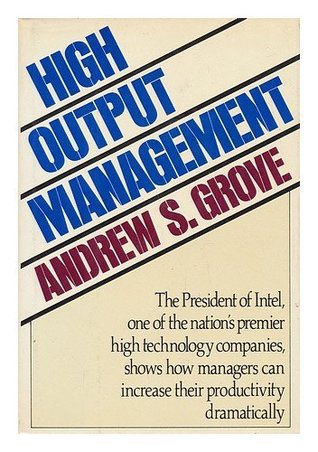(And THIS is where we find ourselves in the current knowledge economy, with comp & perks serving as satisficers.)
forms used to communicate ideas and theories convey meanings that may change the nature of those theories, or promote perspectives inconsistent with those theories."




